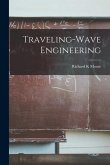
28,99 €
Versandfertig in über 4 Wochen
Broschiertes Buch
9. September 2021
Creative Media Partners, LLC
| Gebundenes Buch | 40,99 € |
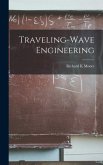
Ähnliche Artikel
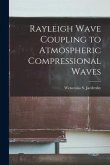
16,99 €
Versandfertig in über 4 Wochen
Broschiertes Buch
10. September 2021
Creative Media Partners, LLC
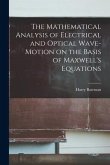
21,99 €
Versandfertig in über 4 Wochen
Broschiertes Buch
9. September 2021
Creative Media Partners, LLC
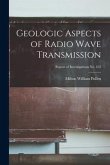
17,99 €
Versandfertig in über 4 Wochen
Broschiertes Buch
10. September 2021
Creative Media Partners, LLC
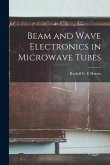
27,99 €
Versandfertig in über 4 Wochen
Broschiertes Buch
9. September 2021
Creative Media Partners, LLC

16,99 €
Versandfertig in über 4 Wochen
Broschiertes Buch
9. September 2021
Creative Media Partners, LLC
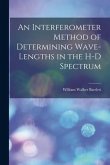
18,99 €
Versandfertig in über 4 Wochen
Broschiertes Buch
10. September 2021
Creative Media Partners, LLC
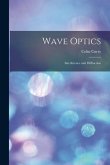
21,99 €
Versandfertig in über 4 Wochen
Broschiertes Buch
Interference and Diffraction
9. September 2021
Creative Media Partners, LLC
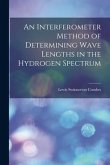
17,99 €
Versandfertig in über 4 Wochen
Broschiertes Buch
10. September 2021
Creative Media Partners, LLC
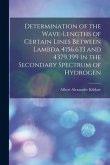
17,99 €
Versandfertig in über 4 Wochen
Broschiertes Buch
9. September 2021
Creative Media Partners, LLC
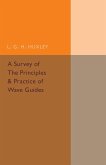
Broschiertes Buch
2. Oktober 2015
Cambridge University Press
Ähnlichkeitssuche: Fact®Finder von OMIKRON
